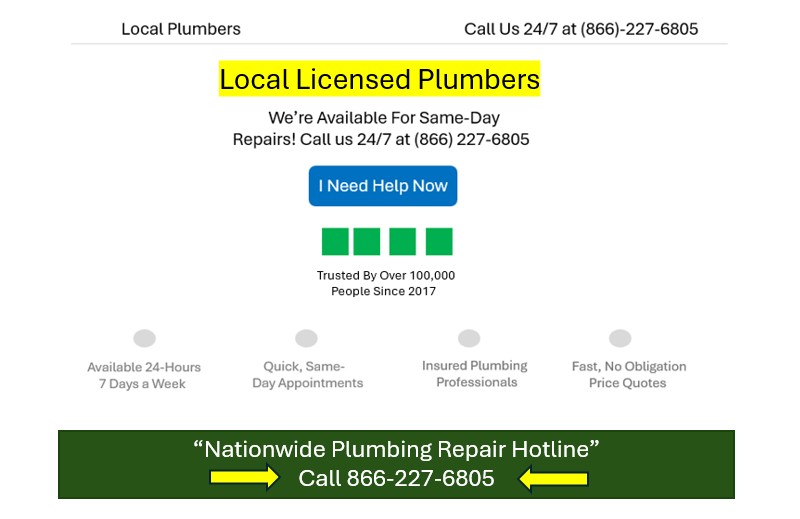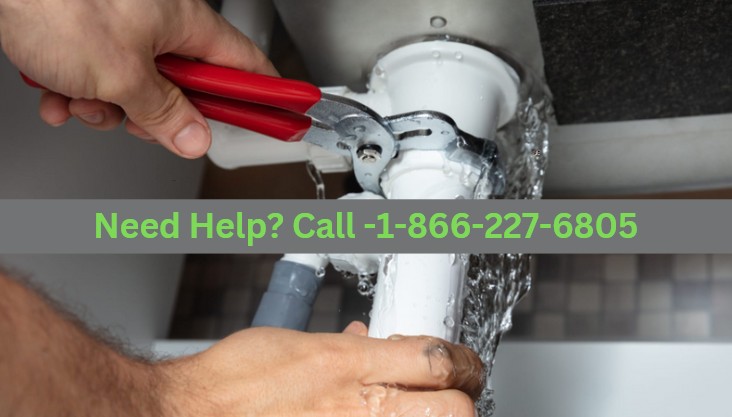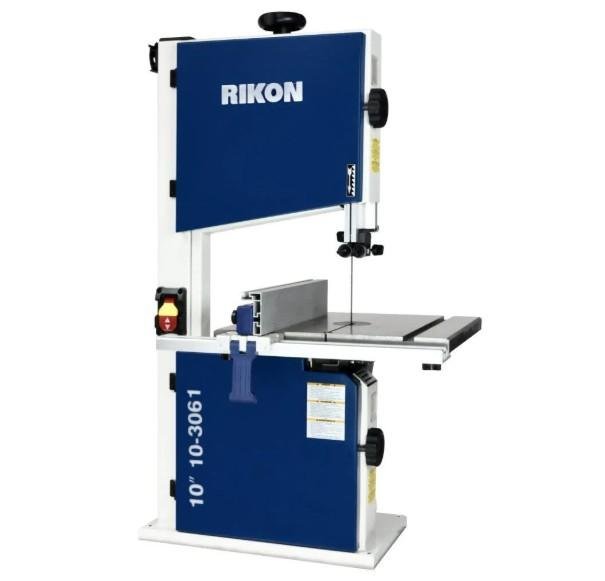
When you receive a plumbing repair estimate, it's like getting a cheat sheet for your plumbing issues. You'll see a breakdown of what needs fixing and how much it's going to cost. It’s a great starting point to understand the extent of the work involved. A reliable plumbing repair estimate will typically include labor costs, materials, and any necessary permits.
Here’s a quick look at what you might find in your plumbing repair estimate:
- Diagnosis of Issues: This section explains what problems the plumber found and what repairs are needed.
- Cost Breakdown: Expect to see labor fees and material costs separately listed, so you know where your money is going.
- Time Estimates: A good estimate will also mention how long the repairs will take. This helps you plan accordingly.
- Guarantees or Warranties: Check if there are any guarantees included, so you know you’re covered if something goes wrong after the repair.
Understanding these details can really help you feel confident in your choices. If something seems off or unclear, don't hesitate to ask your plumber for clarification. They’re there to help you navigate through this process!
Common Plumbing Issues and Costs
Plumbing issues can creep up on anyone, and understanding them can help you avoid surprises when it's time to look at a plumbing repair estimate. Here are some common plumbing problems you might face and what you can generally expect for repair costs.
Leaky Faucets: A leaky faucet might not seem like a big deal, but it can waste quite a bit of water. Typically, fixing a leaky faucet costs between $100 to $200, depending on the complexity of the repair. This usually involves replacing washers or seals.
Running Toilets: If your toilet won’t stop running, it’s not just annoying—it can also run up your water bill. Repairing a running toilet often costs between $100 and $300. In most cases, the issue stems from a faulty flapper or fill valve.
Clogged Drains: Clogged drains can disrupt your whole day. Depending on how severe the clog is, you might be looking at costs from $150 to $400 for a professional plumber to clear it out. Sometimes, it could be a simple fix, but serious clogs might require more extensive work.
Water Heater Issues: If your water heater isn’t heating appropriately, repair costs can range from $200 to $600. Common fixes involve replacing heating elements or thermocouples. If it’s time for a replacement, that can lead to a larger plumbing repair estimate—up to $1,500.

Comparing Different Repair Options
When it comes to handling plumbing issues, understanding your repair options can save you time and money. Your plumbing repair estimate will often include several methods for fixing a problem, and knowing the differences can help you make an informed choice.
First up, we have traditional repair methods. This is the go-to option for most plumbing problems. It involves identifying the issue, replacing or fixing the faulty parts, and ensuring everything is back in working order. While this can be more labor-intensive, it often gives the best long-term results. You'll see this reflected in your plumbing repair estimate with detailed labor and parts costs.
Next, there's trenchless technology. If your plumbing issues involve your main line or sewer, this option can be a lifesaver. Instead of digging up your entire yard, it allows plumbers to fix pipes with minimal disruption. While it can be pricier, the reduced damage to your landscape may make it worth the investment. Be sure to ask if your plumbing repair estimate covers this type of repair!
Lastly, keep an eye out for DIY options. Depending on the severity of the issue, you might be able to tackle some repairs yourself, like unclogging drains or fixing minor leaks. Just remember, if you're unsure, it's always a good idea to call a professional! A small misstep can lead to bigger problems later on, which could inflate your plumbing repair estimate significantly.
Tips for a Clear Estimate Understanding
Understanding your plumbing repair estimate options can feel a bit overwhelming, but it doesn’t have to be! Here are some tips to help clear things up. First, don’t hesitate to ask questions. If something in your plumbing repair estimate doesn’t make sense or seems unclear, reach out to your plumber. They should be happy to break it down for you.
Next, pay attention to the details. A good plumbing repair estimate should outline all costs you can expect, from labor to materials. Look for specifics—like the type of pipe or fixture being used, and whether they’re choosing brand-name materials or generic ones. This info can help you understand where your money is going.
It's also smart to get a couple of estimates from different plumbers. Comparing these can give you a better idea of what's reasonable in your area. Just remember, the cheapest option isn’t always the best. Pay attention to the reputation of the plumbers and the quality of materials in their estimates.
Lastly, consider asking about warranties or guarantees included in the plumbing repair estimate. A good plumber will stand behind their work, and knowing that you’re covered if anything goes wrong can offer peace of mind as you navigate your repair options.


